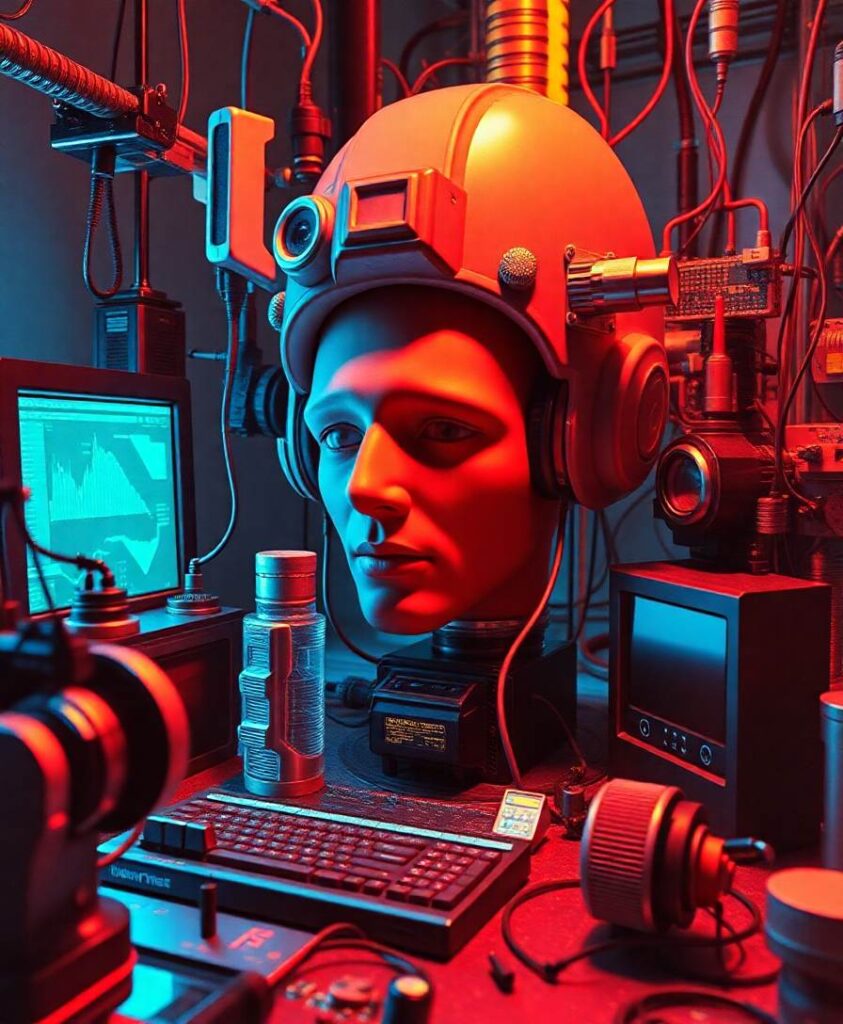Revolutionizing Parkinson’s treatment with sensor technology and data models
Imagine you’re a pioneer exploring uncharted territory, armed with cutting-edge tools that detect even the faintest whispers of change. That’s what scientists are doing in Parkinson’s research, where they’re using sensor technology and data-driven modeling to transform the treatment landscape. It’s like charting a map of the brain’s twists and turns, shining light on hidden pathways and revealing new possibilities for managing this complex disease. By harnessing the power of sensors, researchers can gather real-time data on movement, tremors, and other symptoms to create accurate models of Parkinson’s progression. This groundbreaking approach allows for personalized care, tailoring treatments to each patient’s unique needs. With further research, we may uncover additional ways these technologies can enhance therapies or help diagnose Parkinson’s at its earliest stages. To learn more about the incredible advancements in Parkinson’s treatment fueled by sensor technology and data-driven modeling, dive into the fascinating research behind it!
Li Wei is a Chinese-Canadian neuroscientist in Vancouver, studying brain plasticity and lifelong learning. He contributes articles on harnessing neurotechnology to expand human capabilities, drawing from his experiences in cross-cultural innovation hubs.

